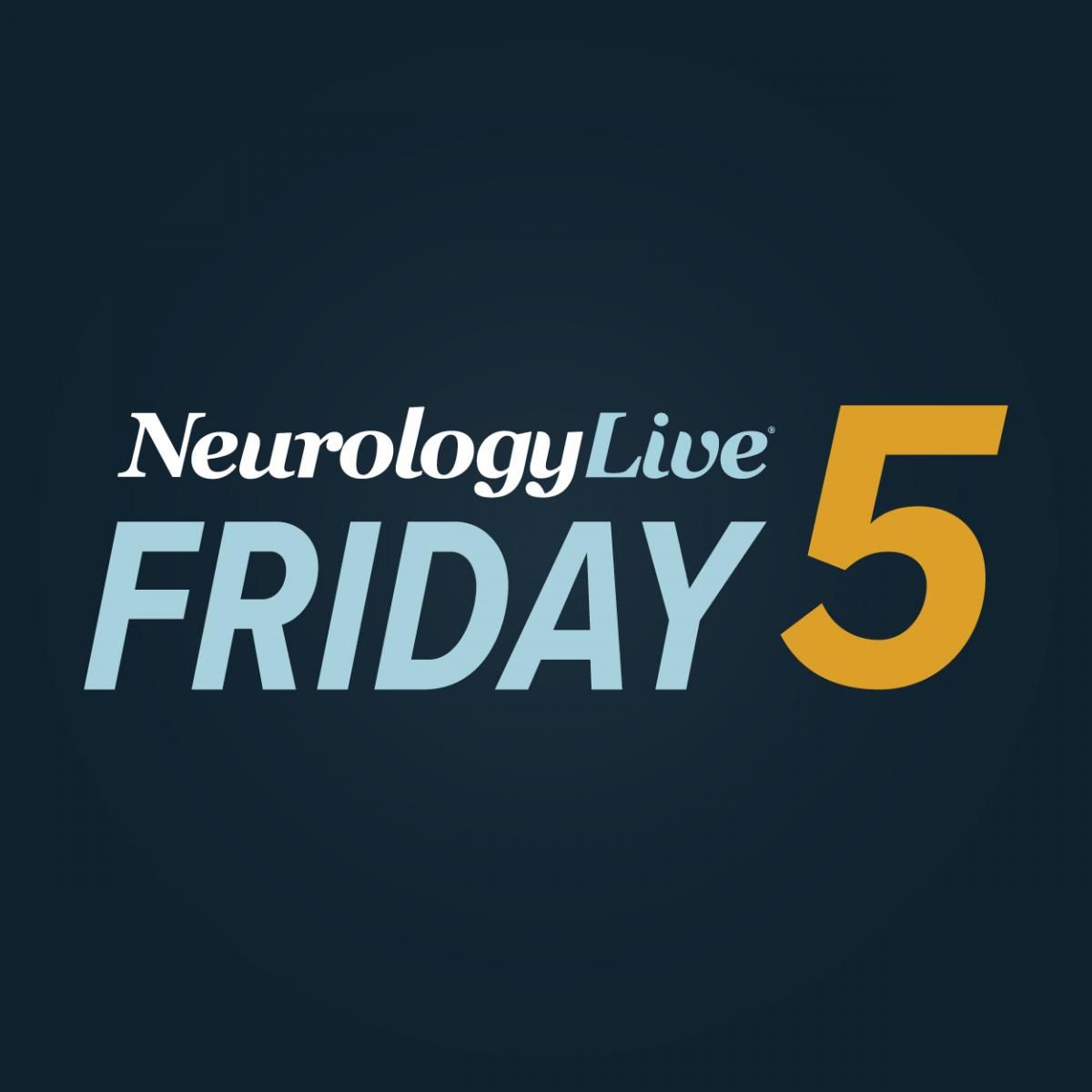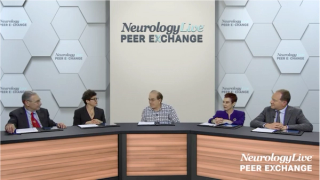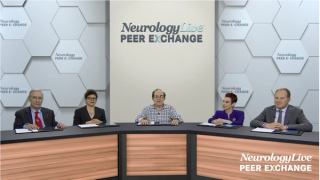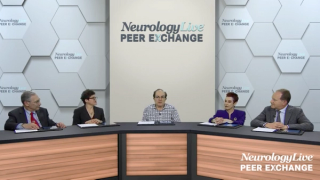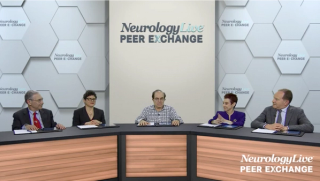
Headache and Migraine
Latest News
Latest Videos

CME Content
More News

The director of the Neurology Residency Program at Weill Cornell Medicine highlighted some of the differences in types of headaches that patients with COVID-19 experience, as well as overall takeaways from the pandemic itself.

REN may offer a novel alternative for current pharmacological and non-pharmacological treatments in chronic migraine that combines efficient treatment with minimal adverse effects.

Take 5 minutes to catch up on NeurologyLive's highlights from the week ending July 17, 2020.

The internal medicine resident physician at Montefiore Health System provided an overview of the study he and colleagues conducted on patients using onabotulinumtoxinA and CGRP agents in tandem.

Despite its ranking as a "most bothersome symptom" among migraineurs, eye pain and photophobia often go ignored or under-treated in the headache clinic.

The head of Neurology Medical at Lundbeck Seattle Biopharmaceuticals offers perspective on the findings and what impact eptinezumab may have on migraine care.

Treatment with galcanezumab (Emgality; Eli Lilly) was associated with improvements in total pain burden for patients with both chronic and episodic migraine compared to placebo groups.

Neurology News Network for the week ending July 11, 2020.

Take 5 minutes to catch up on NeurologyLive's highlights from the week ending July 10, 2020.

Despite the ongoing public health emergency, many of the telehealth policies established by the CARES Act waiver are expiring.

The director of the Neurology Residency Program at Weill Cornell Medicine provided insight on the experience residents have had during the COVID-19 pandemic and how it has shaped them for the future.
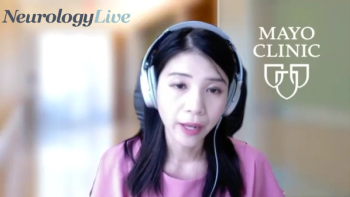
The neurologist at Mayo Clinic in Phoenix, Arizona, detailed the importance of further studies of FDA approved medications in different patient populations.

The FDA accepted an NDA for Zosano’s ADAM zolmitriptan (Qytripta) in the acute treatment of migraine in early March, with a PDUFA date set for mid-October 2020.

A look at the questions you should be asking during the decision-making process of picking a telehealth vendor.

Take 5 minutes to catch up on NeurologyLive's highlights from the week ending July 3, 2020.

An NIH-funded study provided supporting evidence of an association between high levels of gram-negative bacteria and a stroke-, seizure-, and headache-inducing vascular abnormality.

Fred Cohen, MD, offers insight on his study exploring the utility of combined Botox with anti-CGRP preventives for patients with chronic migraine.

The sBLA for onabotulinumtoxinA is supported by the findings from a randomized, double-blind phase 3 study evaluating the safety and efficacy of onabotulinumtoxinA in more than 100 pediatric patients.

The neurologist at Mayo Clinic in Phoenix, Arizona, discussed the growing variety of treatment options and the progress the migraine community has made on the management of this disease.

Take 5 minutes to catch up on NeurologyLive's highlights from the week ending June 26, 2020.

A whole-patient approach to management, coupled with new, more targeted treatments, may help reduce the incidence of medication overuse headache.

In part 2 of this interview, Matthew Robbins, MD, director of the Neurology Residency Program at Weill Cornell Medicine, describes the lessons he and his residents have learned during the COVID-19 pandemic and how they'll impact the future of care.

The neurologist at Mayo Clinic in Phoenix, Arizona, detailed whether her and colleagues recent study results on ubrogepant aligned with previous study findings.

The internal medicine resident physician at Montefiore Health System offers insight into the combined use of CGRP medications and Botox to optimize migraine prevention in patients who have inadequate response with Botox alone.

In Part 1 of this interview, Matthew Robbins, MD, director of the Neurology Residency Program at Weill Cornell Medicine, shares his experience caring for headache patients in the epicenter of the coronavirus 2019 pandemic.


